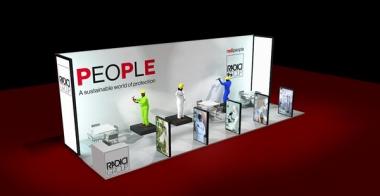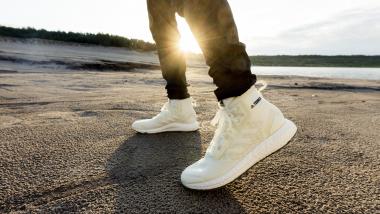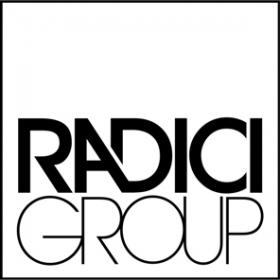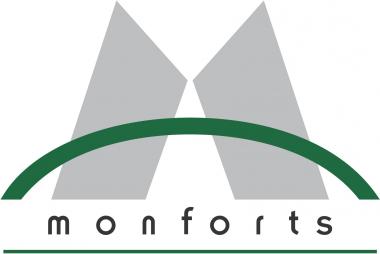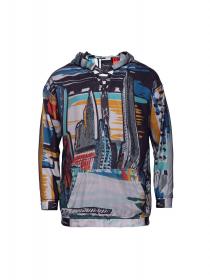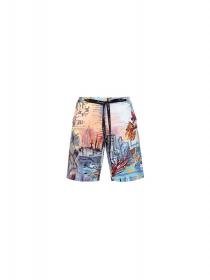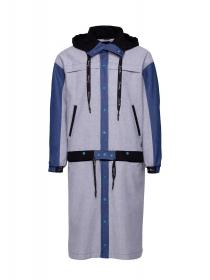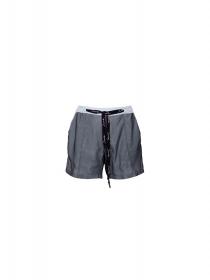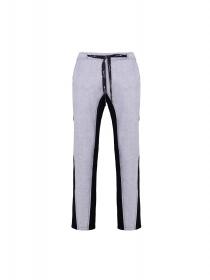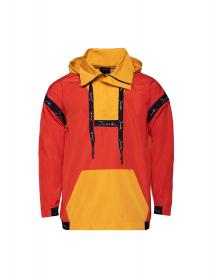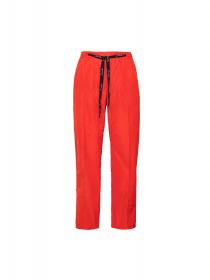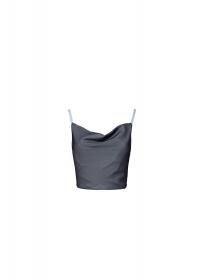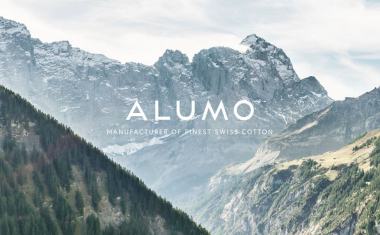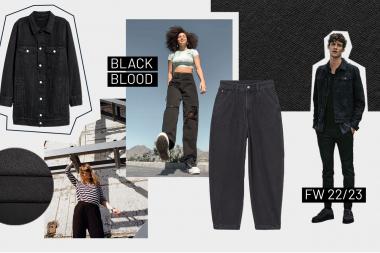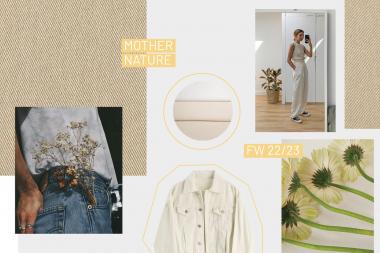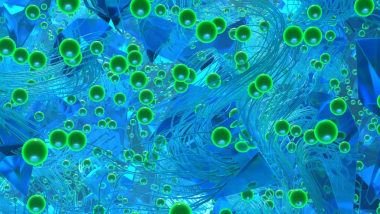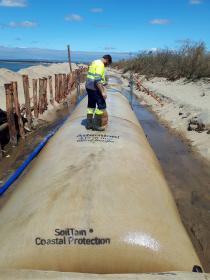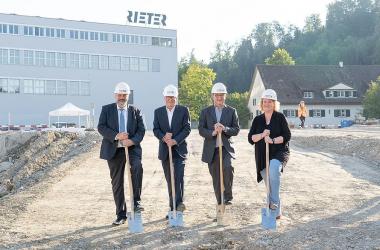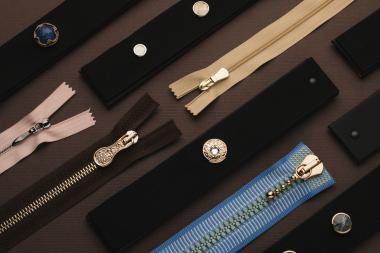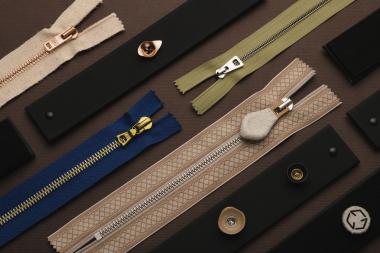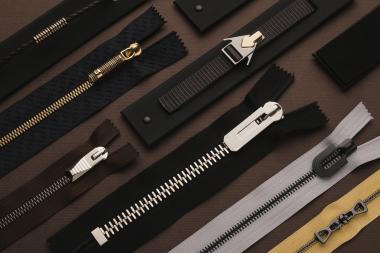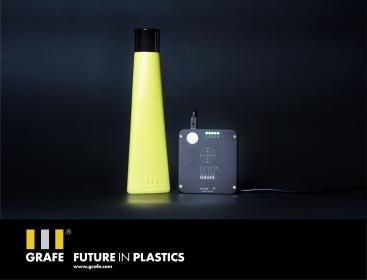RadiciGroup: Sustainable Personal Protective Equipment at A+A
RadiciGroup is exhibiting at the A+A trade fair, an international event focusing on safety solutions for the workplace, to be held in Dusseldorf, Germany, from 26 to 29 October. This international show gives RadiciGroup the opportunity to present its latest developments in personal protective equipment (PPE) for industrial use, including coveralls, gowns, caps, full hoods, shoe covers and boots.
This international show gives RadiciGroup the opportunity to present its latest developments in personal protective equipment (PPE) for industrial use, including coveralls, gowns, caps, full hoods, shoe covers and boots. These products are part of a new line, Radipeople, a trade name identifying the new protective workwear sold by RadiciGroup: end products of a traceable supply chain, in which special attention is paid to the choice of raw materials and the quality of the final products offered the market.
At RadiciGroup, care for the health and safety of people is one of the pillars of the Group's sustainability strategy, combined with a strong commitment to safeguarding the environment. Radipeople Eco, the first protective coverall with 100% end-of-life recyclability is proof of such commitment. All parts of Radipeople Eco: the fabric, lamination, zipper and thread are made of the same material, 100% polypropylene. Furthermore, the Group’s offering includes garments made with Respunsible®, a spundbond obtained from recycled polypropylene or materials certified under the ISCC Plus scheme.
Thanks to their versatility and technical characteristics, the nonwoven solutions proposed by RadiciGroup are suitable for many industrial sectors, including oil and gas, utilities, construction, food, automotive painting and shipbuilding, maintenance, agriculture, laboratories, microprocessor manufacturing and the pharmaceutical and chemical industries.
Radipeople personal protective equipment delivers excellent protection against external agents (liquids, splashes, jets, particles and sprays), high protection against biological hazards and infectious agents, and high robustness and lightness to optimize protection, on the one hand, and comfort, on the other. All Radipeople protective equipment is made of fully traceable materials, manufactured by a totally Italian production chain involving hundreds of workers, and sold in packaging designed with an ecodesign approach, that is, fully recyclable minimized packaging.
RadiciGroup


